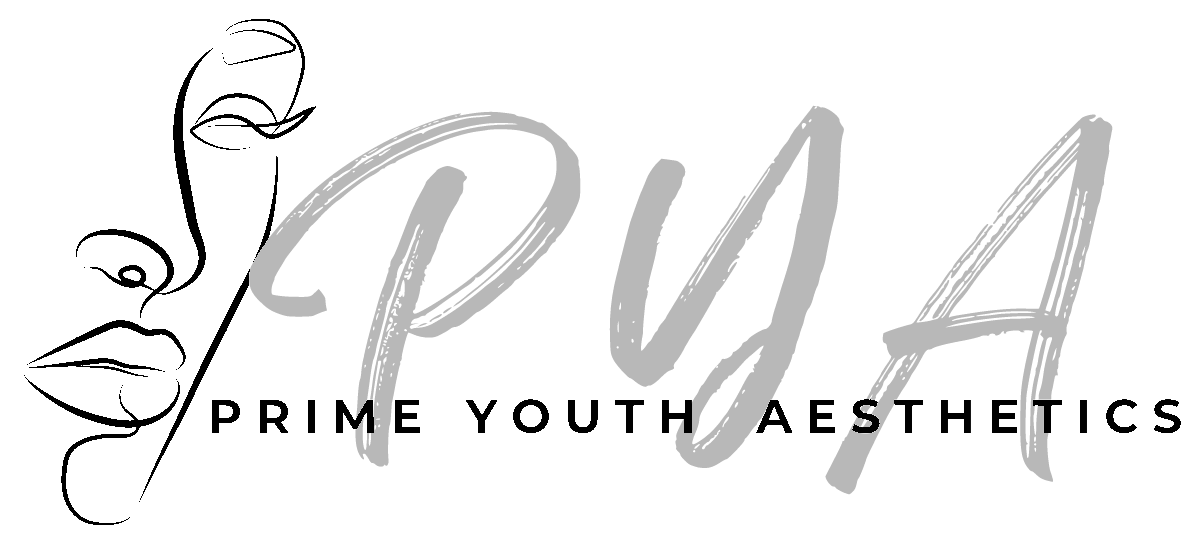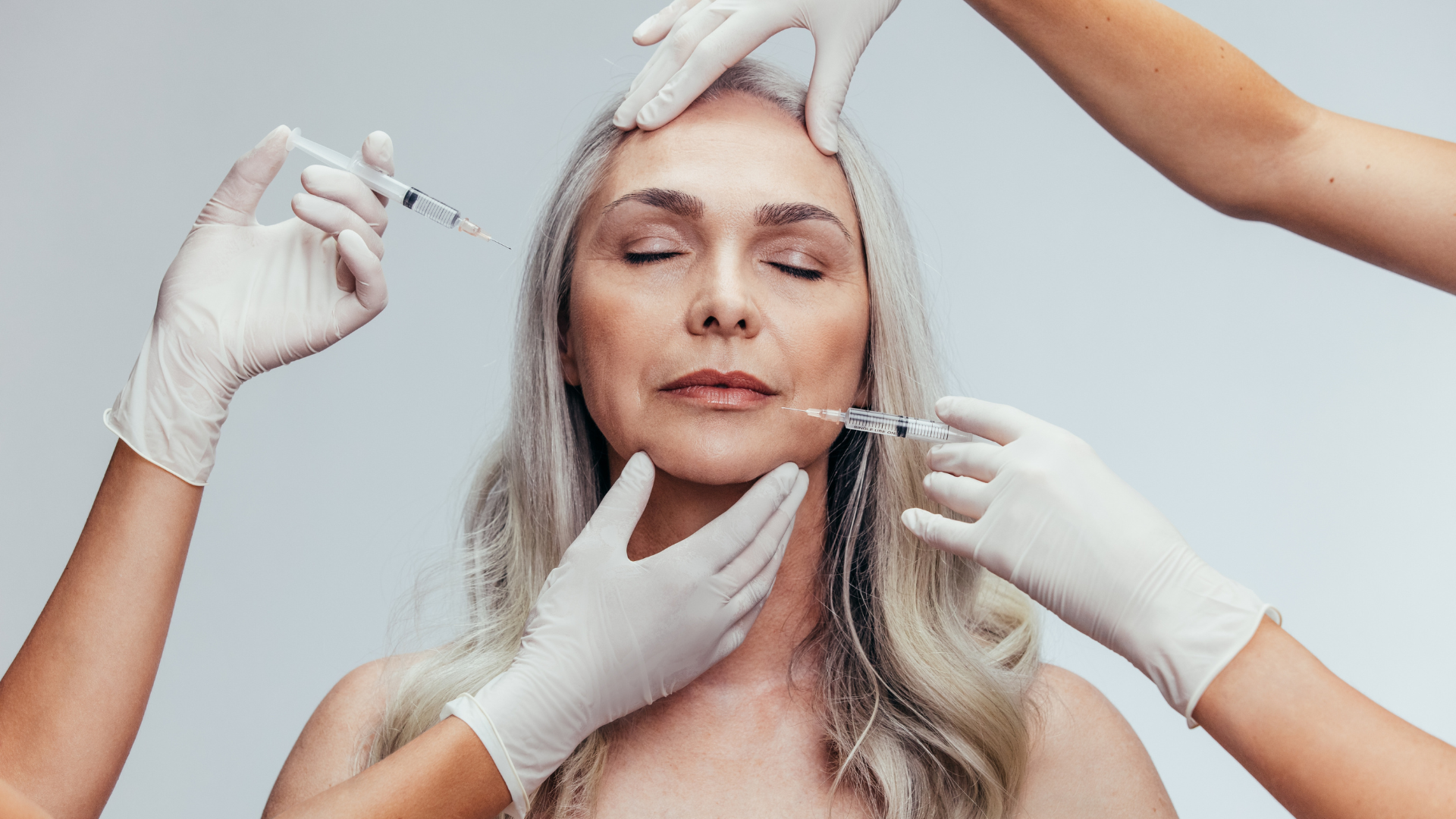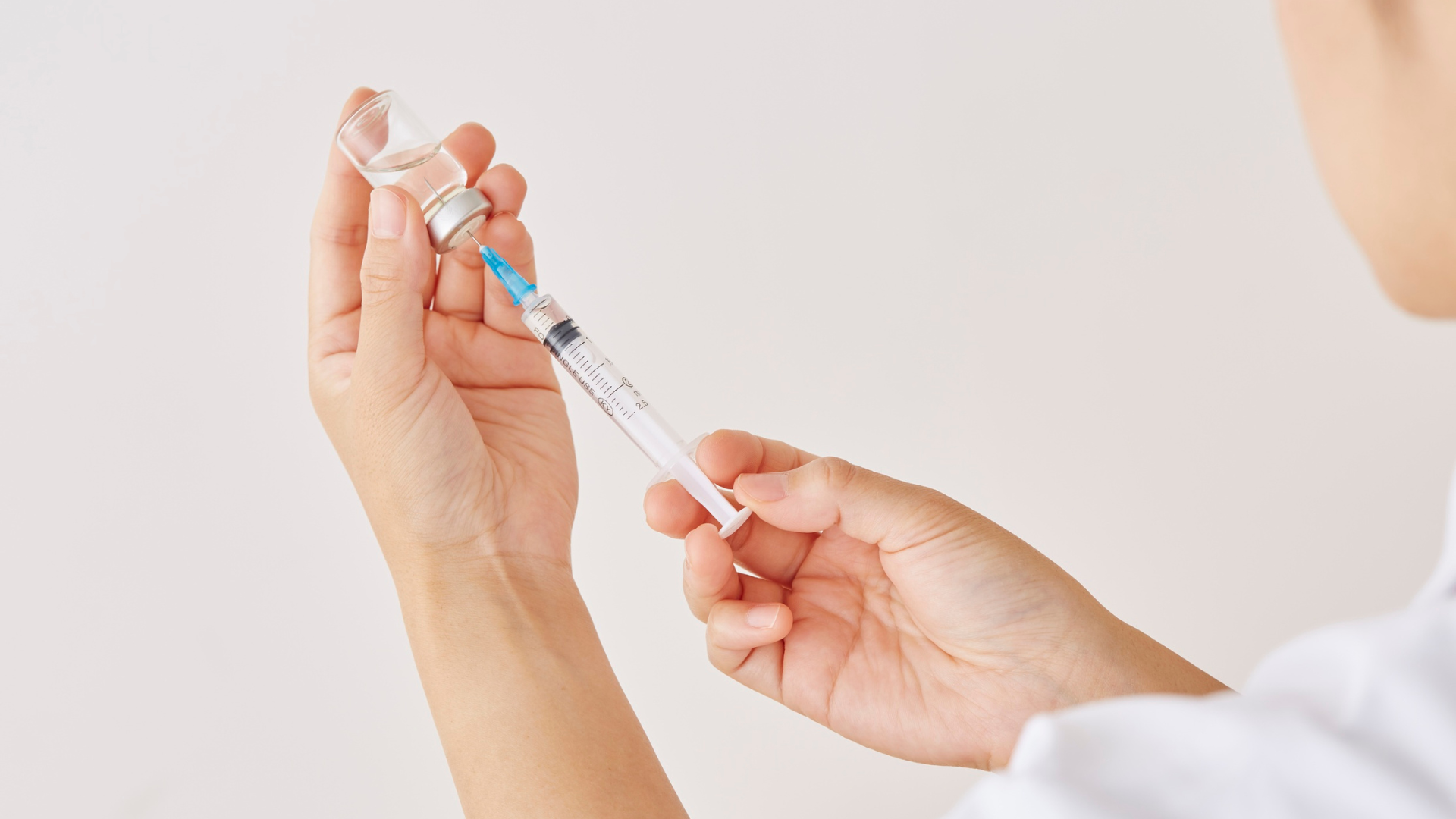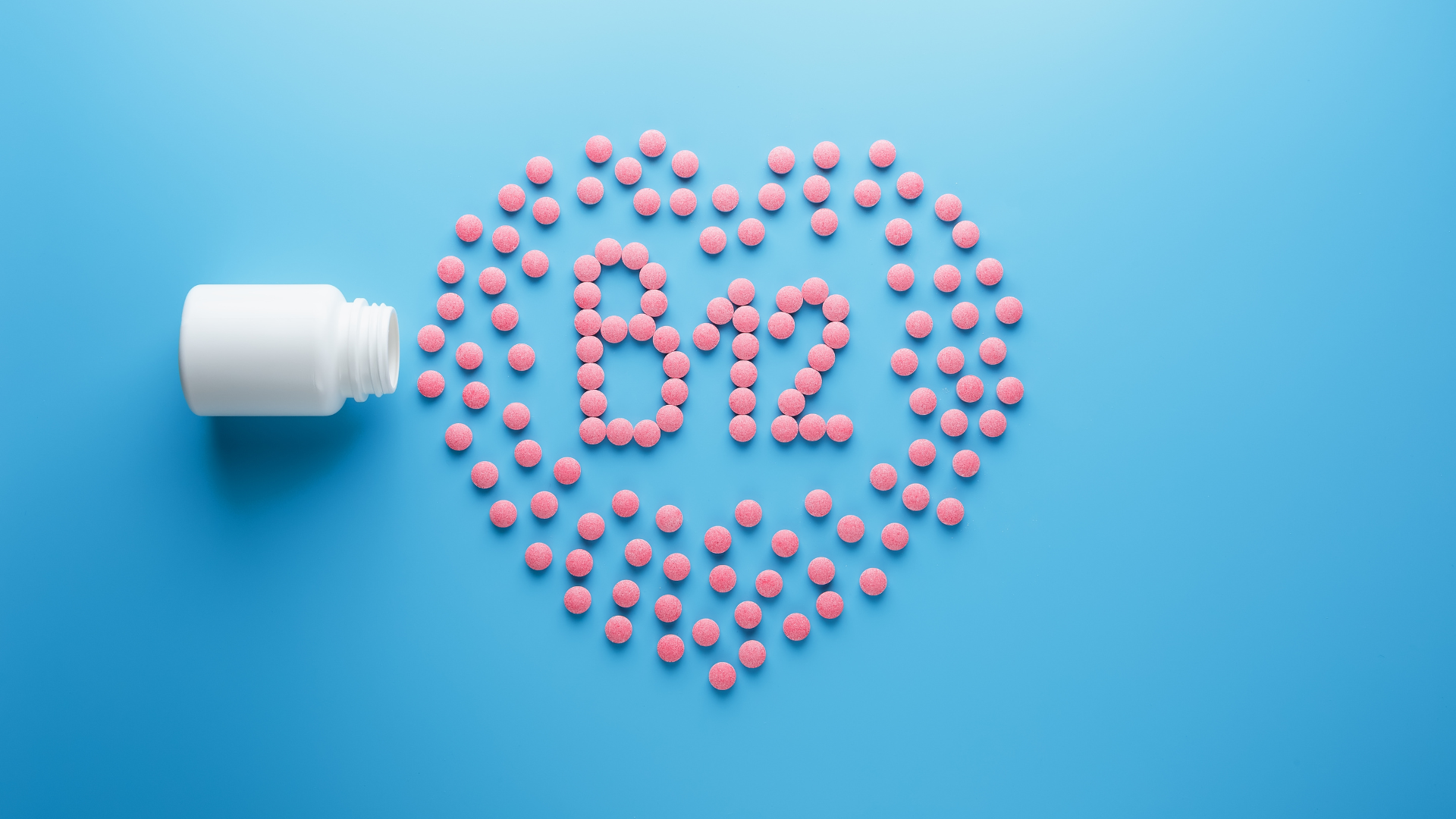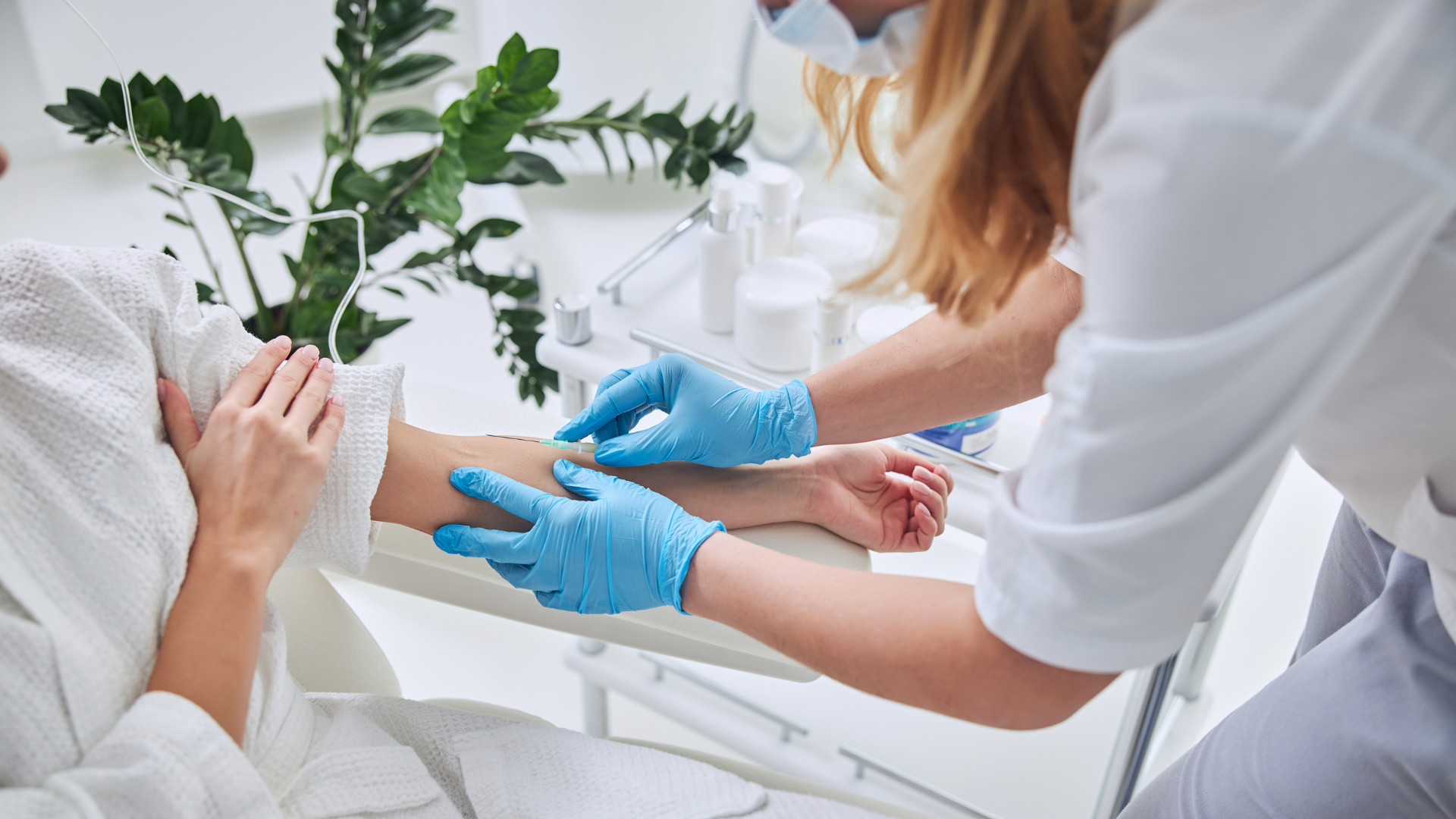Understanding the Risks of Copper Peptides (GHK-Cu)
GHK-Cu Copper Peptides: Benefits, Dangers, and Chelation Therapy
Copper peptides, such as GHK-Cu, are widely discussed for their potential regenerative and anti-aging benefits. However, improper use—especially through self-injection—can pose serious risks..
How It Works
Unlike GLP-1 or GLP-GIP drugs such as tirzepatide, this GLP-3 medication also incorporates glucagon. Glucagon helps the body release energy by breaking down stored fat, making this treatment especially effective for weight loss.
The Danger of Copper Toxicity
If the wrong amount of copper peptide is injected, there is a risk of copper toxicity. In extreme cases, this requires urgent medical intervention through IV chelation therapy.
Chelation involves administering EDTA, a compound that binds to heavy metals in the body, allowing them to be excreted through the kidneys. While effective, this treatment is costly, not widely available, and can place significant stress on the liver and kidneys.
Why Education Matters
Although copper toxicity from peptides is an extreme complication, it highlights the importance of being informed. Misuse of peptides can result in severe health issues that outweigh potential benefits.
Safe Approach to Peptide Therapy
The safest path for anyone considering copper peptide therapy is to consult a qualified provider. A trained professional can ensure proper dosing, monitor for adverse effects, and manage treatment responsibly.
Key Takeaway: Copper peptides may offer benefits, but incorrect use can lead to serious complications. Professional guidance is essential to reduce risks and ensure safe results.
